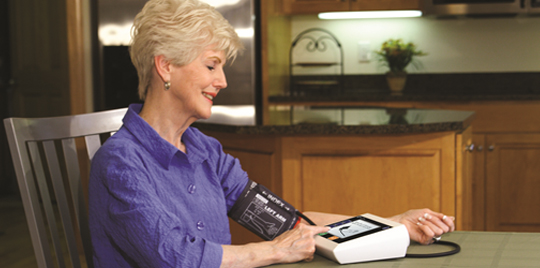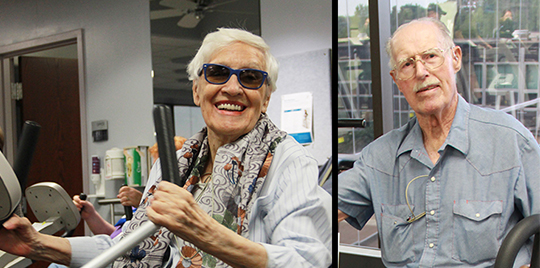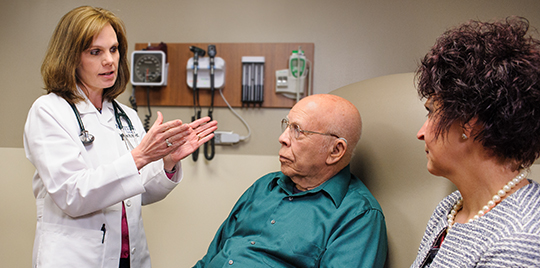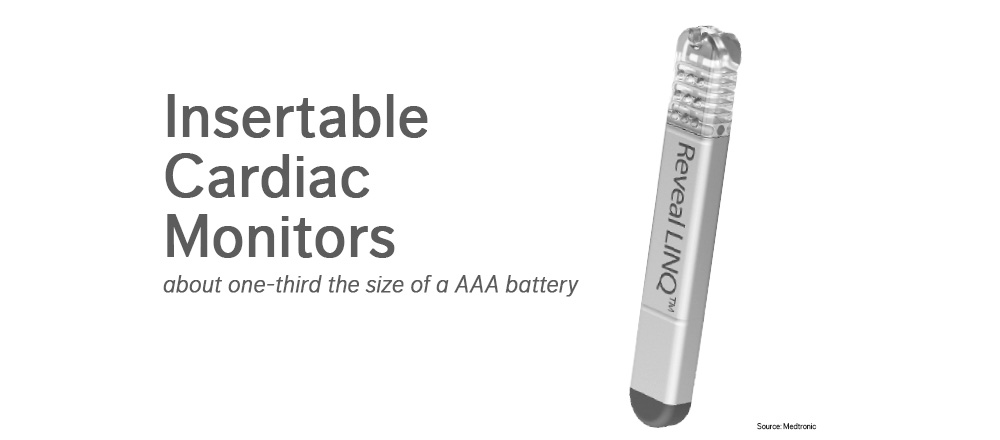
The majority of strokes in the U.S. are caused by a blood clot that plugs an artery leading to the brain. Called ischemic strokes, they are seen in 800,000 people in the U.S. annually. There also are approximately 200,000 people with no identifiable cause for their strokes. These secondary strokes are called cryptogenic strokes.
Insertable cardiac monitors are proving highly effective in preventing these cryptogenic strokes and in determining the cause of infrequent, unexplained fainting, called syncope.
Secondary Stroke Prevention
The suspected culprit in stroke is atrial fibrillation. AFib is when the heart’s two upper chambers beat chaotically or irregularly. Long-term monitoring with ICMs often detects intermittent, symptomless AFib that would otherwise not be found by brief cardiac monitoring, which is the standard of care after a stroke.
The majority of patients with cryptogenic strokes are given a 30-day event monitor and treated with antiplatelet agents. However, studies show that about 100 days after implanting cardiac monitors in these patients, 25%-30% of patients will experience silent atrial fibrillation – so with no symptoms at all – and increasing their risk for secondary stroke. Their treatment plan may need to be adjusted to instead include anticoagulants.
Both antiplatelets and anticoagulants reduce the risk of heart attacks and strokes by preventing clot formation, but they do so through different mechanisms. Platelets are tiny fragments of cells, and, as the name implies, antiplatelets work to prevent platelets from sticking together. Anticoagulants, also called blood thinners, thin the blood, making it harder for clots to form or get larger.
Unexplained Syncope
Syncope accounts for 740,000 Emergency Department visits each year and 237,000 hospital admissions. Nearly 50% of people hospitalized for syncope do not receive a diagnosis. Patients frequently see an average of three different specialists and often undergo a minimum of 13 diagnostic tests.
In its guidelines for patients with syncope, the American College of Cardiology indicates routine laboratory testing and cardiac imaging are actually not useful evaluation tools for patients with syncope unless a cardiac cause is suspected. However, long-term rhythm monitoring is often warranted.
Diagnosis is critical because risk of death increases twofold for people with syncope with a cardiac cause, and the six-month mortality rate is more than 10%. If someone faints frequently, it is easier to figure out. When someone faints once every six months, it’s harder. You’re probably not going to find anything with a 24-hour Holter monitor, but you might with a long-term ICM.
The Device
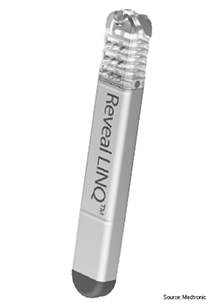
Insertable cardiac monitors are noninvasive, leadless devices about one-third the size of a AAA battery. Source: Medtronic.
About one-third the size of a AAA battery, ICMs are noninvasive, leadless devices that monitor heart rhythm for up to three years. The device is implanted just under the skin near the sternum during a 10-minute bedside or outpatient procedure.
Patient benefits include:
- Easy data download to physician’s office
- Increased compliance with monitoring
- Minimally invasive insertion and removal procedure
- MRI compatibility
Data can be transferred from the device to the physician’s office in one of two ways, depending on the ICM brand:
- Automatic download through a portable device
- Via an app

